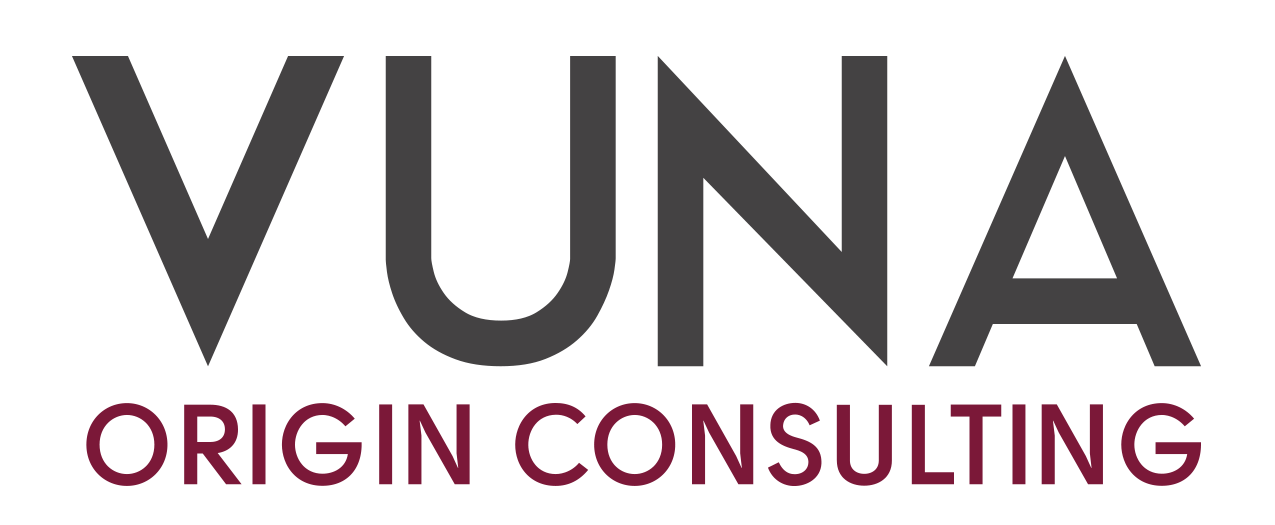5 takeaways from the World Coffee Producer Forum and African Fine Coffee Association Conference
February was a busy month. If you were in Kigali, the atmosphere was palpable.
In the week of Feb 13th, producers, exporters, traders, roasters and service providers all gathered for a week of discussions, reflections and a whole lot of celebrations.
Our team was on the ground to participate both conferences and here are the top 5 takeaways fresh from Kigali:
The World Coffee Producer Forum (WCPF) Kigali declaration puts emphasis where it is needed. Does it have teeth to make a dent in the industry?
WCPF represents the interests of producers, but their voices went unheard. Most of the time.
African Fine Coffee Association (AFCA) Conference is back on its feet. Now it has to deliver value to members in the post-covid era.
Specialty is no longer just a green coffee thing. Rwanda’s local roasting and café business is thriving.
The future of African coffee belongs to a new generation of entrepreneurs. And women have a lot to do with it.
Let’s explore each takeaway in more depth.
Did we forget something? Share with us in the comments!
The WCPF Kigali declaration puts emphasis where it is needed
The World Coffee Producer’s Forum was born in 2017 to gather coffee producers from across the globe and provide a space to discuss issues of common concern to growers. In Kigali, the focus was on:
Living income
Climate change
Environmental regulations and its negative effects at origin
The Declaration builds on a list of recommendations to the industry, which are all valid. However, it is not clear - at the least to the forum audience - what happens next. How will the Declaration change the discourse at international policy level? The fear is that it will soon be back to business as usual.
WCPF represents the interests of producers, but their voices went unheard. Most of the time.
Here’s the challenge: How can a conference amplify the voices of producers while addressing issues that must be dealt by governments and international organizations?
There is no perfect format, but in Kigali the lack of producers on stage was stark. The speaker line-up was high caliber and discussions were rich. However, we fear many producers struggled to follow the insights brought by PhD researchers, world famous economists, and government representatives. Also, WCPF missed an important voice, Asian coffee producers! They were nowhere to be seen…
AFCA is back on its feet. Now it has to deliver value to members in the post-COVID era.
During Covid years, the organization had to face difficult times. But in Kigali the industry was eager to come together again since 2019. But the coffee world has changed since then.
One wonders: how does AFCA remain relevant?
We believe the answers is to focus on its roots - the African coffee industry - and pave the way for a new generations of African coffee leaders. Let's put more focus on:
Building a strong roasting & café industry
Boosting local consumption
Implementing national sustainability plans to keep up (and fend off) foreign environmental regulations
The future of African coffee belongs to a new generation of entrepreneurs. And women have a lot to do with it.
All you need is to spend a few hours on the AFCA conference floor to realize that African women are running coffee. Women have become the most prominent coffee entrepreneurs. From running cooperatives, washing stations & private exporting companies to owning roasting facilities, running cafes and coffee education centers. The list goes on.
While gender may not have been a top program priority for AFCA, it is clear that African women are taking space and owning what’s theirs.
What do you think are the most important topics from WCPF and AFCA? Share with us in the comments!
